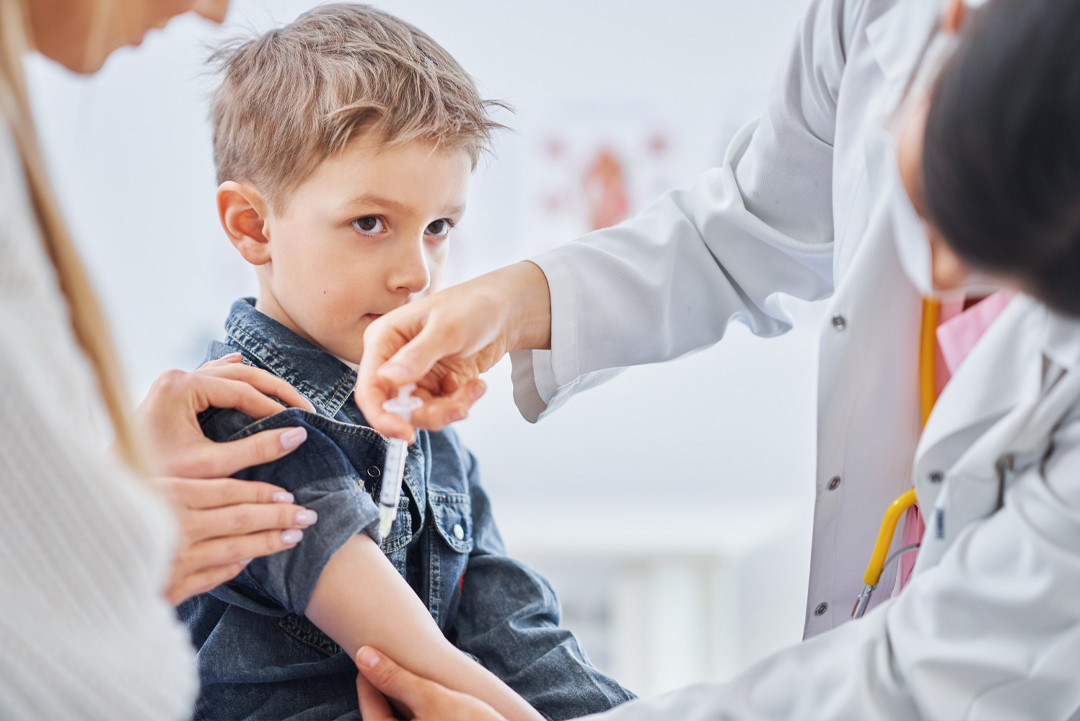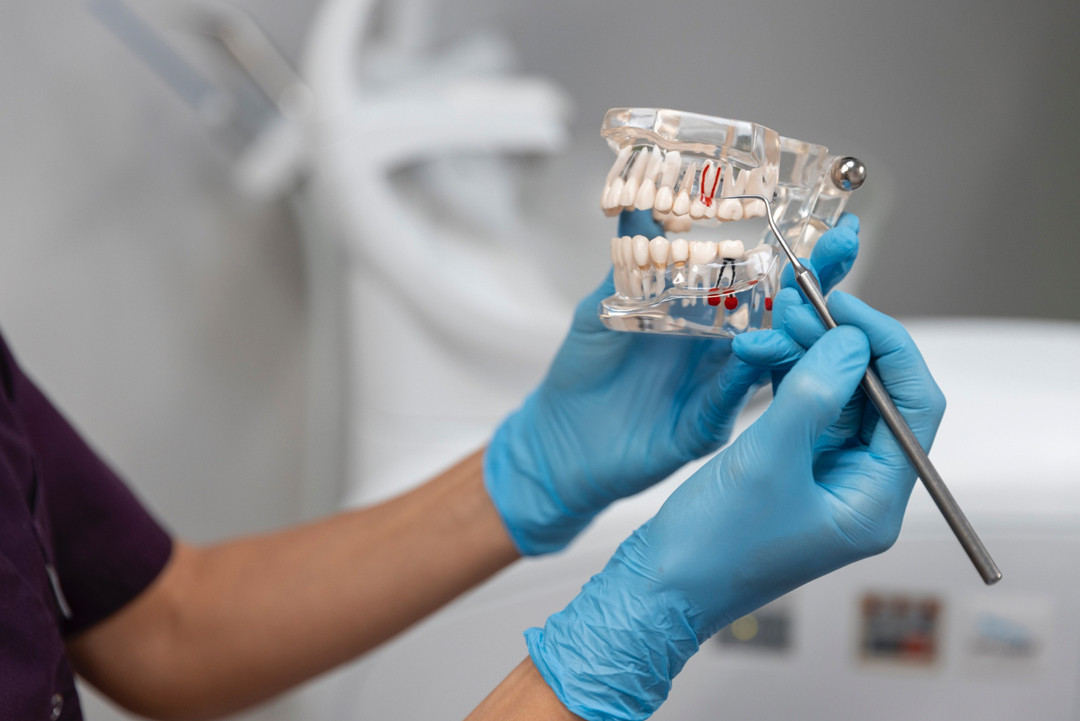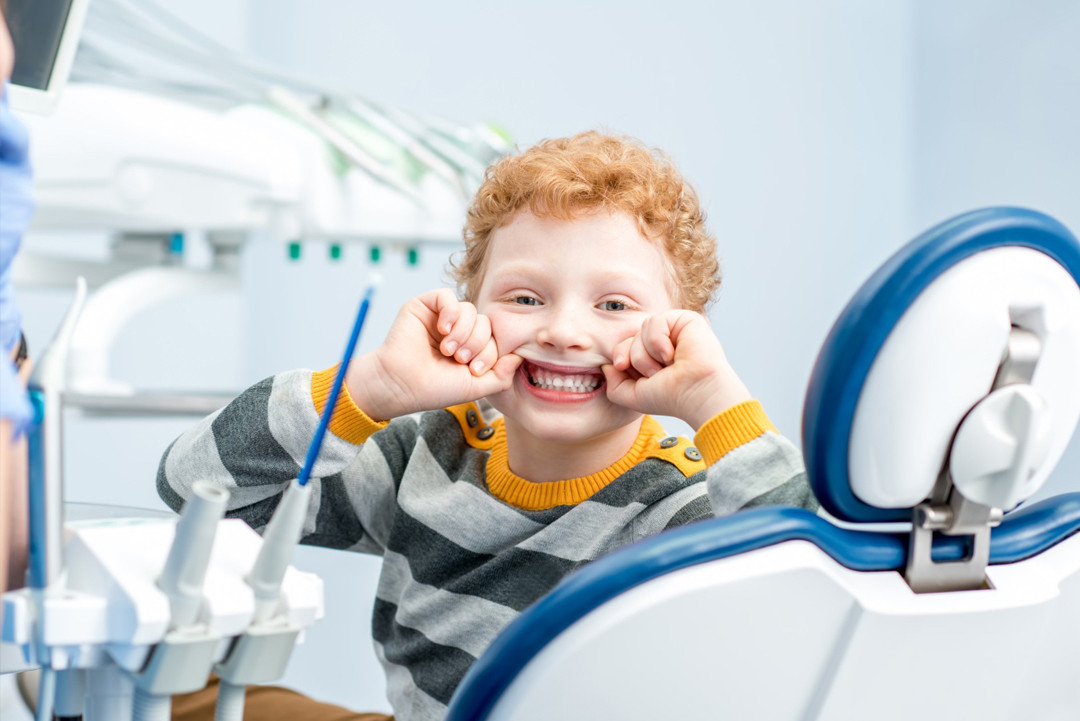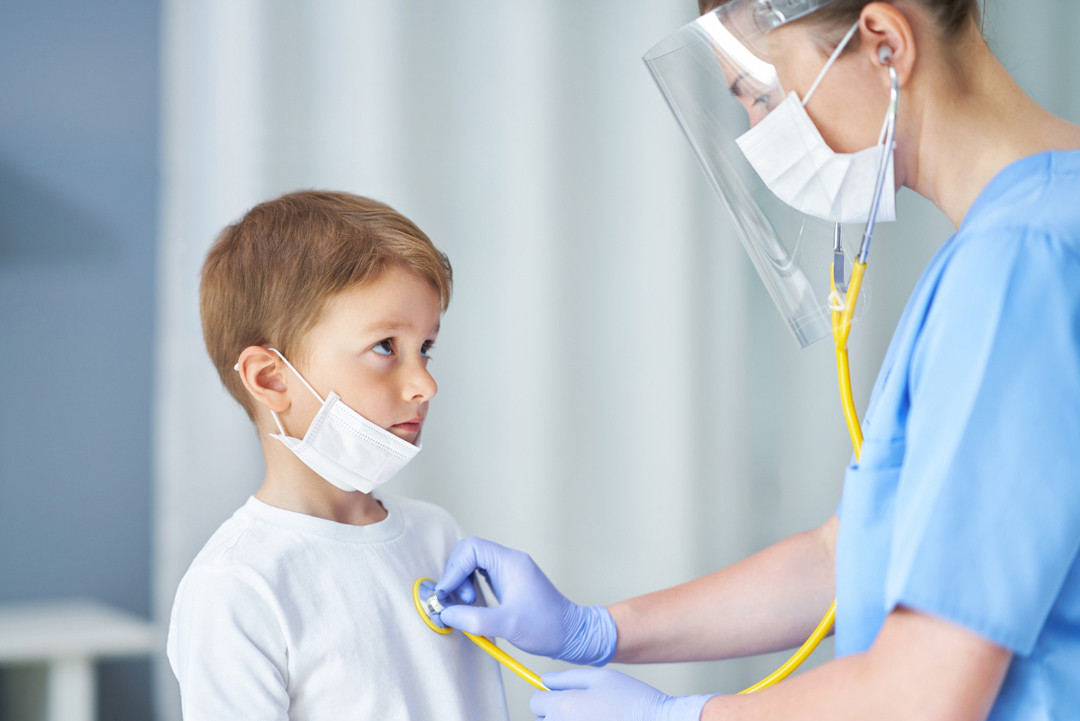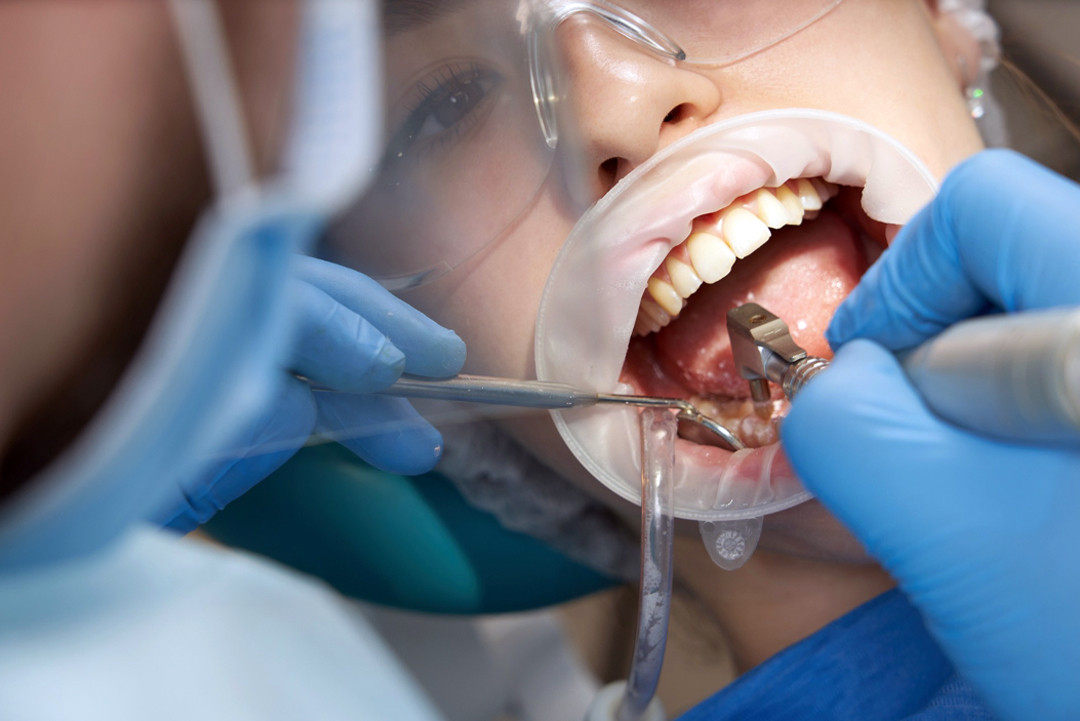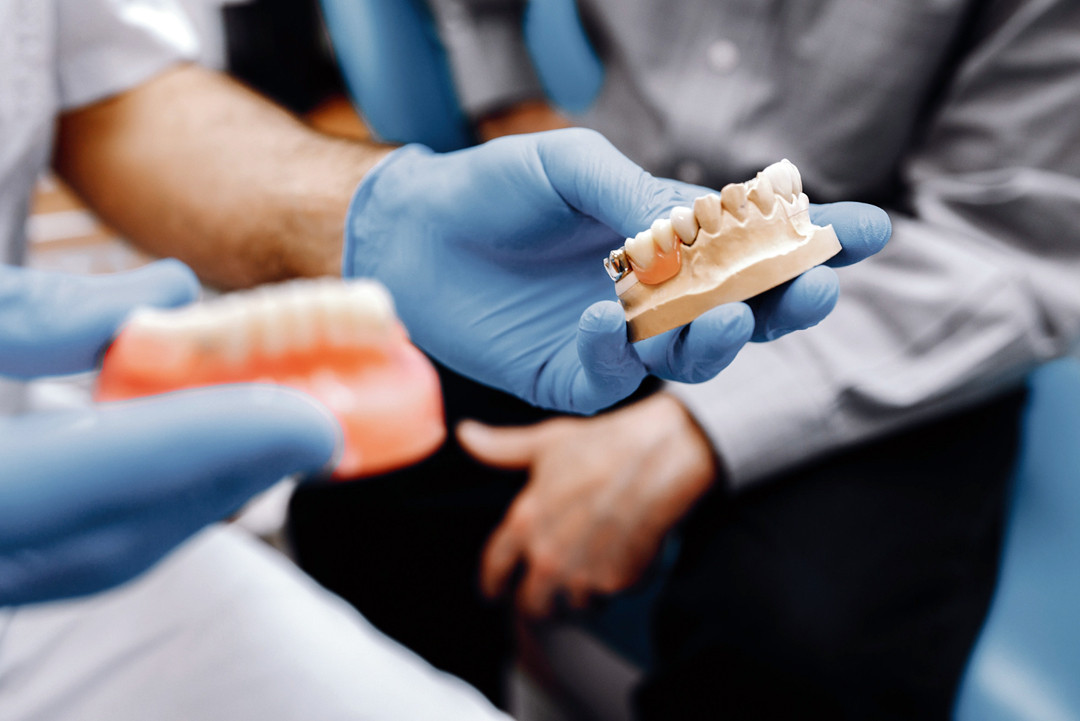Overview of Pediatric Allergy and Immunology
Pediatric allergy and immunology focuses on diagnosing, treating, and managing allergic and immune system disorders in children. Specialists in this field are trained to address conditions caused by genetic and environmental factors, ensuring better quality of life for young patients.
Common Diseases Treated in Pediatric Allergy and Immunology
- Allergic Rhinitis: Commonly referred to as hay fever, characterized by sneezing, runny nose, and nasal congestion.
- Asthma: Both allergic and non-allergic types affecting breathing.
- Food and Drug Allergies: Reactions triggered by specific foods or medications.
- Skin Allergies: Includes atopic dermatitis (eczema) and urticaria (hives).
- Anaphylaxis: Severe, life-threatening allergic reactions requiring urgent intervention.
- Immunodeficiency: Frequent infections due to a weak immune system.
- Hereditary Angioedema: Swelling of deeper layers of the skin and mucosa.
- Contact Dermatitis: Allergic reactions caused by skin contact with allergens.
- Autoimmune Disorders: Includes juvenile idiopathic arthritis and systemic lupus.
Symptoms of Allergic and Immunological Diseases
- Skin: Itching, redness, swelling, blisters.
- Respiratory: Dry cough, sneezing, shortness of breath, wheezing.
- Nasal: Runny, itchy, or blocked nose.
- Eyes: Tearing, redness, itching.
- Gastrointestinal: Stomach ache, nausea, diarrhea, blood/mucus in stool.
Diagnostic Tests
- Prick Test: Identifies reactions to common allergens like dust, pollen, and dander.
- Patch Test: Detects allergens causing contact dermatitis or urticaria.
- Specific IgE Test: Measures antibodies against specific allergens through blood tests.
- Rhinomanometry: Measures nasal airflow resistance for diagnosing congestion.
- Spirometry: Evaluates lung function, often used in diagnosing asthma.
- Food Loading Test (Oral Provocation): Detects food allergies by monitoring reactions to reintroduced foods.
Treatment Options
- Medications:
- Antihistamines: Reduces symptoms like sneezing and itching.
- Corticosteroids: Treats severe inflammation and swelling.
- Epinephrine (EpiPen): Emergency treatment for anaphylaxis.
- Allergen Avoidance: Avoid exposure to known allergens, especially foods and environmental triggers.
- Immunotherapy: Gradual exposure to allergens through allergy shots to build tolerance.
- Home Remedies:
- Saline Nasal Spray: Relieves nasal congestion.
- Humidifiers: Moistens air to ease breathing.
When to See a Specialist
Seek a pediatric allergist or immunologist if your child experiences:
- Recurrent allergic reactions or infections.
- Difficulty breathing or asthma symptoms.
- Unexplained skin rashes, swelling, or gastrointestinal issues.
- Severe reactions like anaphylaxis requiring immediate care.
A personalized treatment plan from a specialist can significantly improve the management of these conditions, ensuring your child’s well-being.

